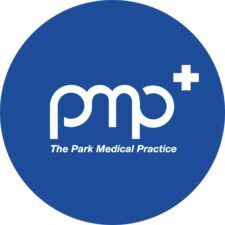Several members of our team offer steroid (also called cortisone) injections for pain-relief, e.g. for osteoarthritis, tendonitis, tenosynovitis, trigger fingers, bursitis. These can be for many body parts e.g. knees, shoulders, elbows, fingers, toes, ankles. You will need to be assessed firstly to ensure that these injections are appropriate and safe for you. If you wish to request a steroid injection, or have had one before, please ensure that you book in with the appropriate clinician who offers this procedure, especially if you are arranging an appointment using our Rapid Health system.
For further information about steroid injections, click on these links:
https://roh.nhs.uk/services-information/pain-management/steroid-injection-therapy
https://patient.info/treatment-medication/steroids/steroid-injections
https://versusarthritis.org/about-arthritis/treatments/drugs/steroid-injections
For a list of our clinicians who perform steroid injections, and for which condition/anatomical injection, please refer to our injections performers list below:
Park Medical Practice – Joint Injection performers list for Rapid Health
The following list shows the clinicians that perform different joint steroid injections. Please ensure that you are booked in with the appropriate clinician.
Upper limb
Shoulder – GM, YL, VN, PP, DA, SM
Elbow osteoarthritis – PP, SM
Tennis elbow – GM, YL, PP
Golfers elbow – GM, YL PP
Wrist osteoarthritis – PP
Thumb and finger osteoarthritis – PP, SM, YL
Trigger finger – GM, YL, PP, DA, SM
De Quervains tenosynovitis – PP, YL, GM, SM
Carpal Tunnel – GM, YL, PP, SM
Lower limb
Hip – Trochanteric bursa – GM, YL, PP, SM
Knee – GM, YL, VN, PP, PR, DA, SM
Ankle OA – PP, SM, YL
Mid foot osteoarthritis – PP, YL
Big toe OA – PP, SM, YL
Plantar fasciitis – GM, PP
Morton’s Neuroma – PP
Other
Temporomandibular joint (jaw) – PP
Key:
PP – Phil Potter (MSK First Contact Physiotherapist) (male) YL – Dr Lim (male)
DA – Dr Alva (male) GM – Dr Mustafa (male)
VN – Dr Notley (female) PR – Dr Register (female)
SM – Dr Mathew (female)






